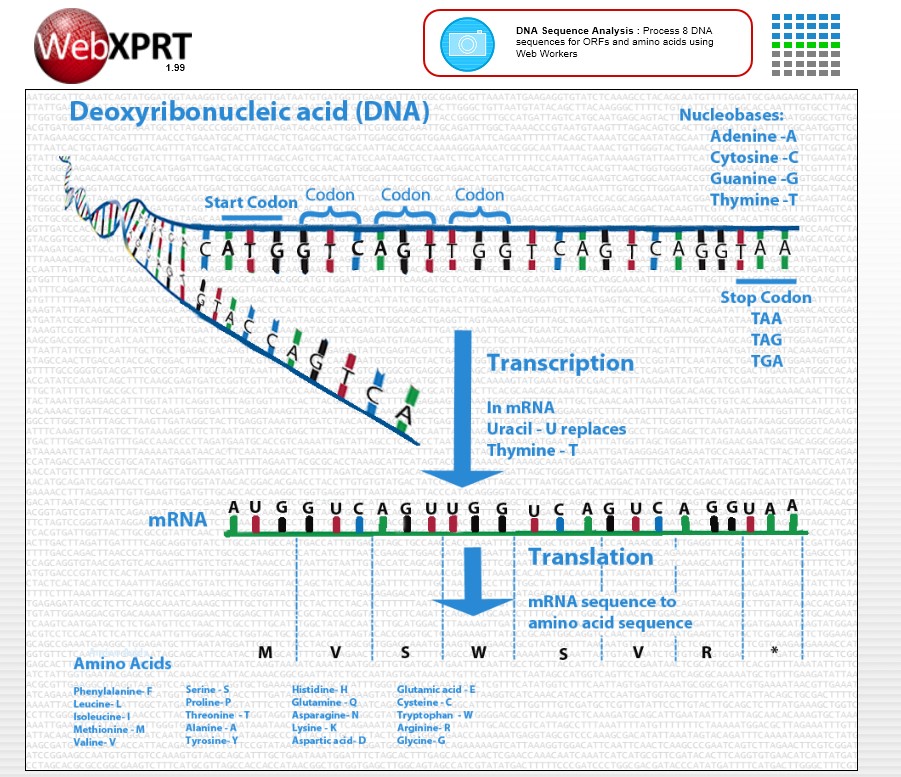Early next week, we’ll be releasing an update for CrXPRT that addresses a couple of issues. First, the individual workload scores were not always discarding outliers correctly, which could have had a small effect on those scores. The update handles outliers correctly. Because the overall score is calculated separately from the individual workload scores, this change does not affect the overall score or battery life score, and results from previous builds are still comparable.
The update also checks the duration for each battery life test iteration. This helps detect conditions that could invalidate the test, such as someone manually putting a test system to sleep.
Finally, the update checks between iterations to see if the Chromebook is plugged in during the test. If so, CrXPRT will report an error and stop the test. This can potentially save time that would otherwise be lost on an invalid run.
These are small changes, but they will help make CrXPRT a more robust benchmark.
In other news, we’ve been asking members of the community if they would care to share their experiences and thoughts on the blog. We’re delighted that people are interested, and we’ve already received our first guest post that we’ll be publishing in the next couple of weeks. In the meantime, if you’d like to write a post, or just want to share your thoughts on the XPRTs, please let us know!
Eric













